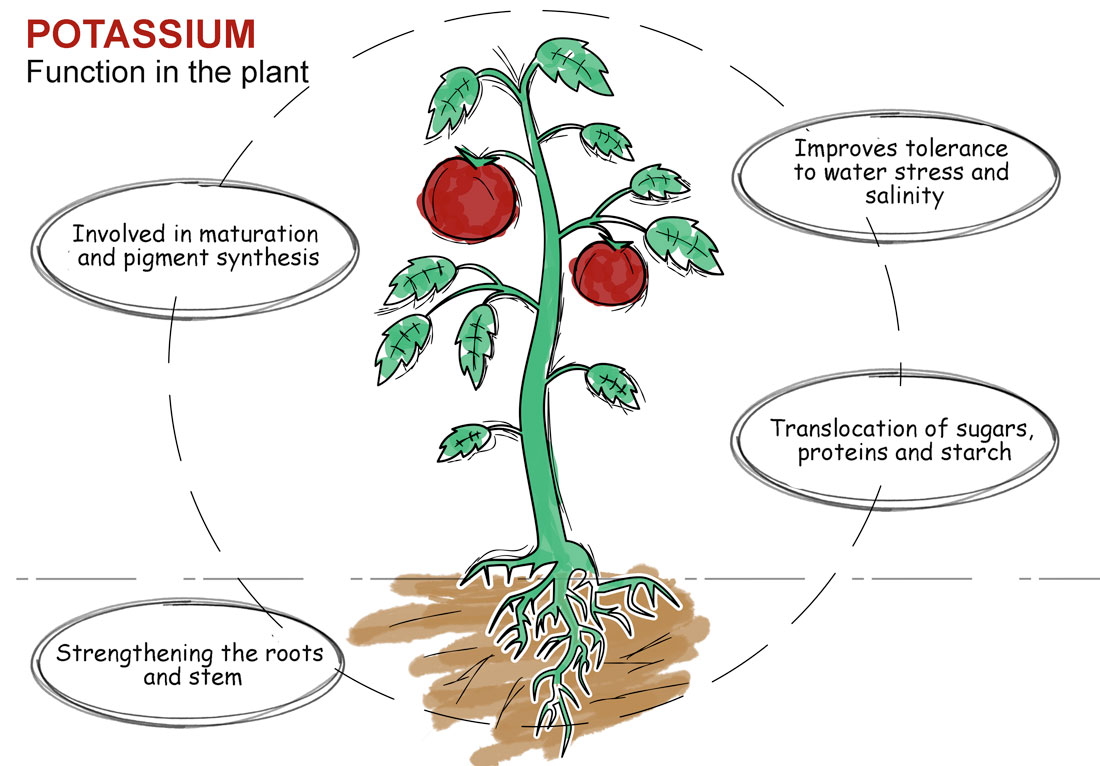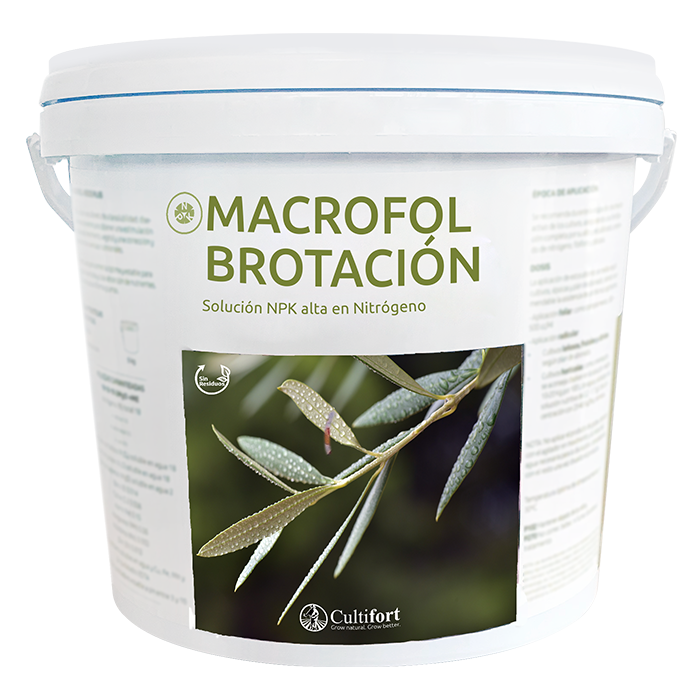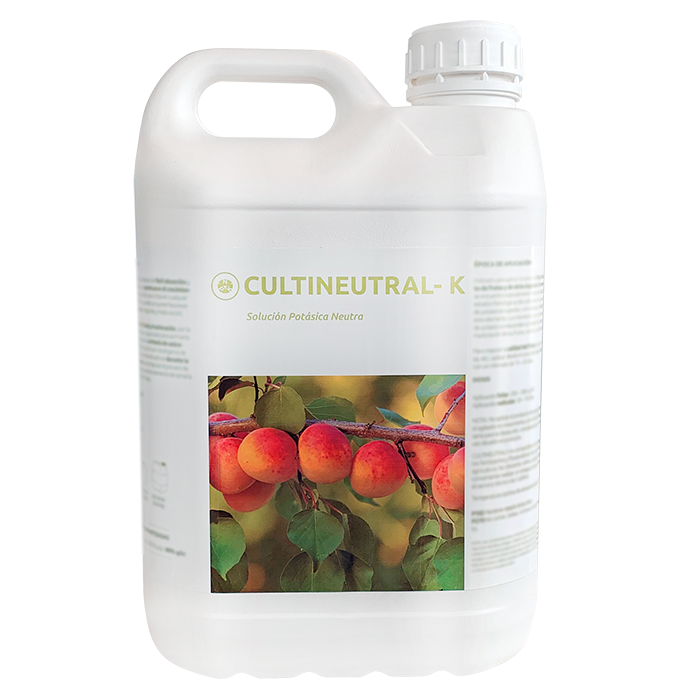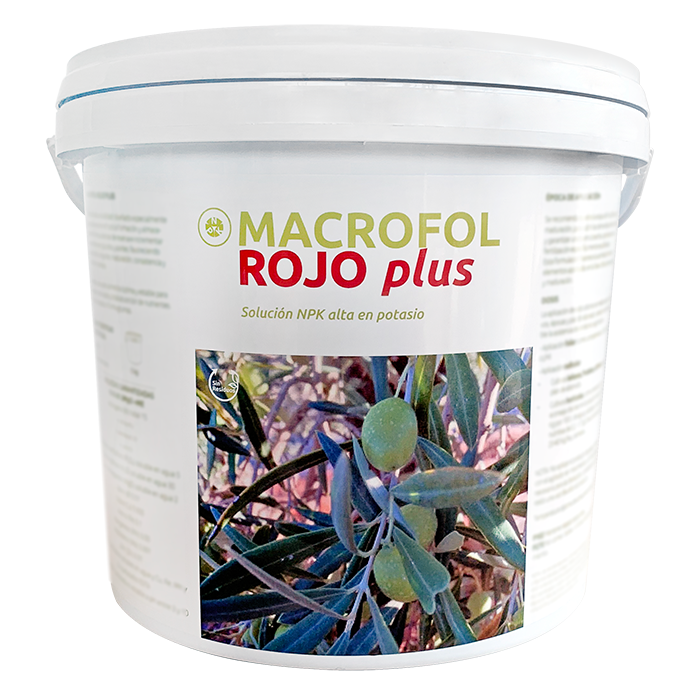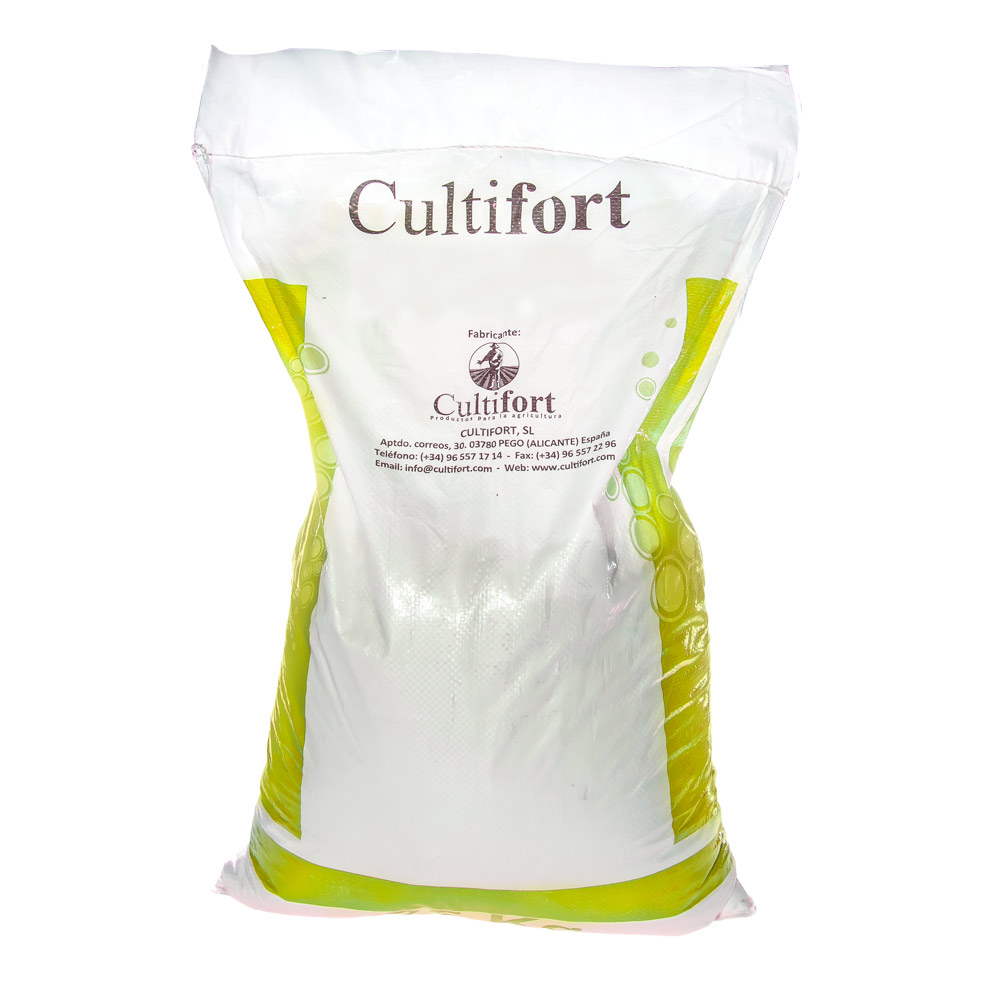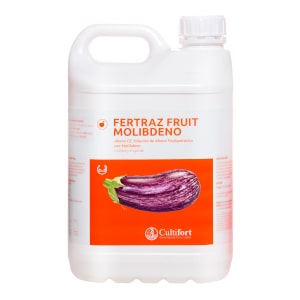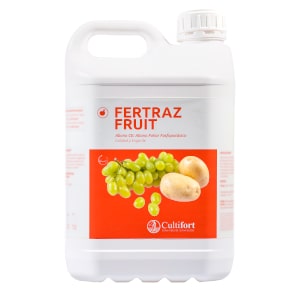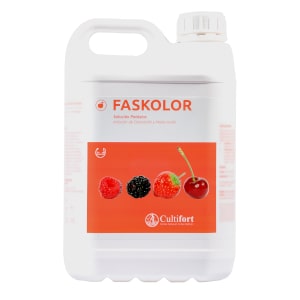K
Potassium (K2O)
Potassium
Unlike nitrogen and phosphorus, potassium has no structural functions, but it is the most common cation in the main metabolic processes of plants.
On one hand, potassium regulates the opening and closing of stomata, facilitating the exchange of water and gas with the atmosphere. This mechanism is associated with a variation in K+ in the vacuole of guard cells. This way, K+ gives the plant greater tolerance to water stress and salinity.
On the other hand, potassium is a trigger of enzymes that are involved in the main metabolic processes such as protein synthesis, photosynthesis, as well as the transport of sugars through the plant. Additionally, potassium participates in the ripening of fruits and in the synthesis of pigments such as lycopene, responsible for the red color in tomatoes.
ABSORPTION
It is absorbed by the plant in the form of K+ ion, mainly by root.
It is the richest cation in plants since it can represent up to 10% of its dry weight.
FUNCTIONS
- Intervenes in ripening and synthesis of the pigment
- Improves tolerance to water stress and salinity
- Translocation of sugars, proteins and starch
- Strengthens the roots and stem
PRODUCTOS CULTIFORT PARA LA CARENCIA DE POTASSIUM
